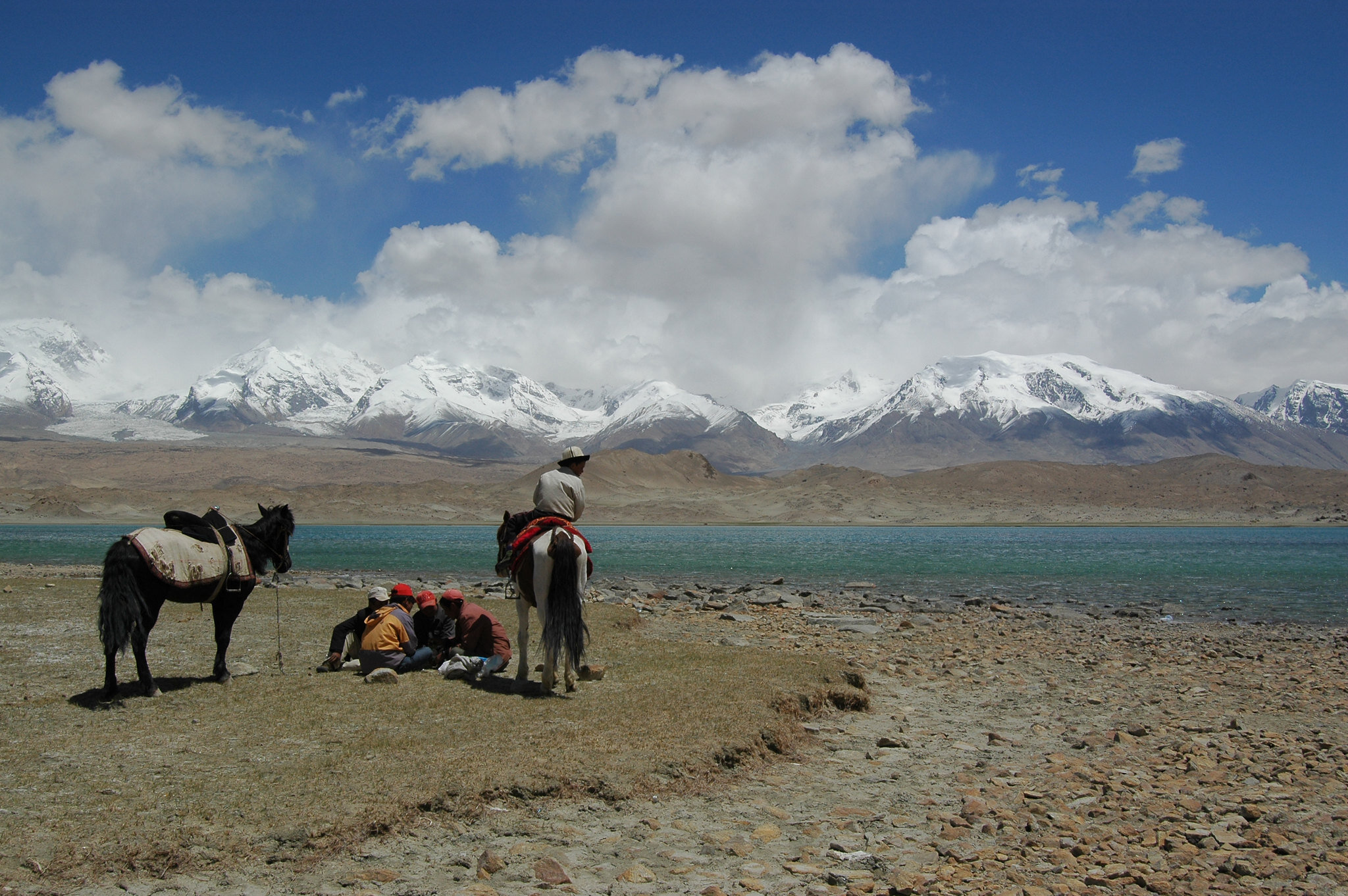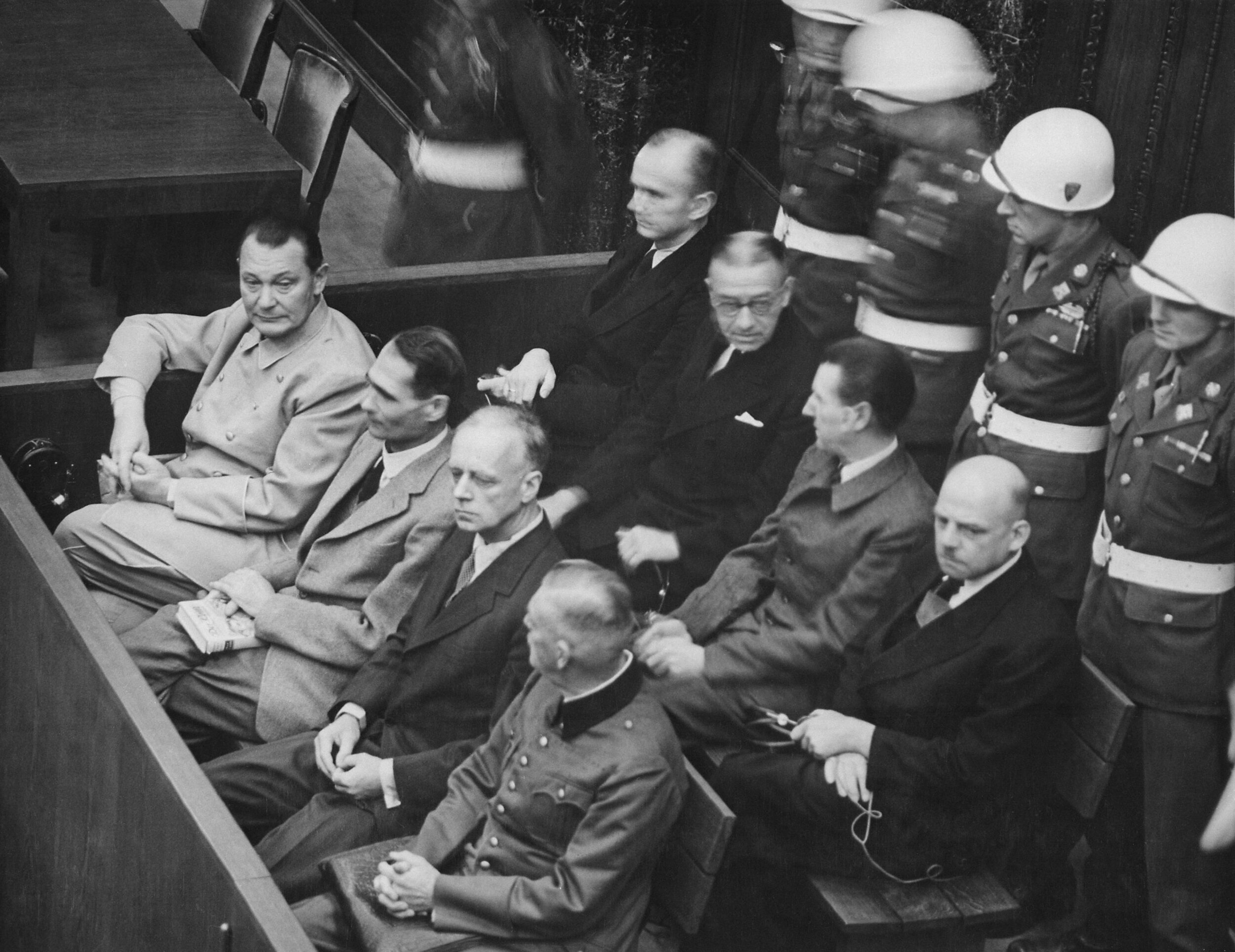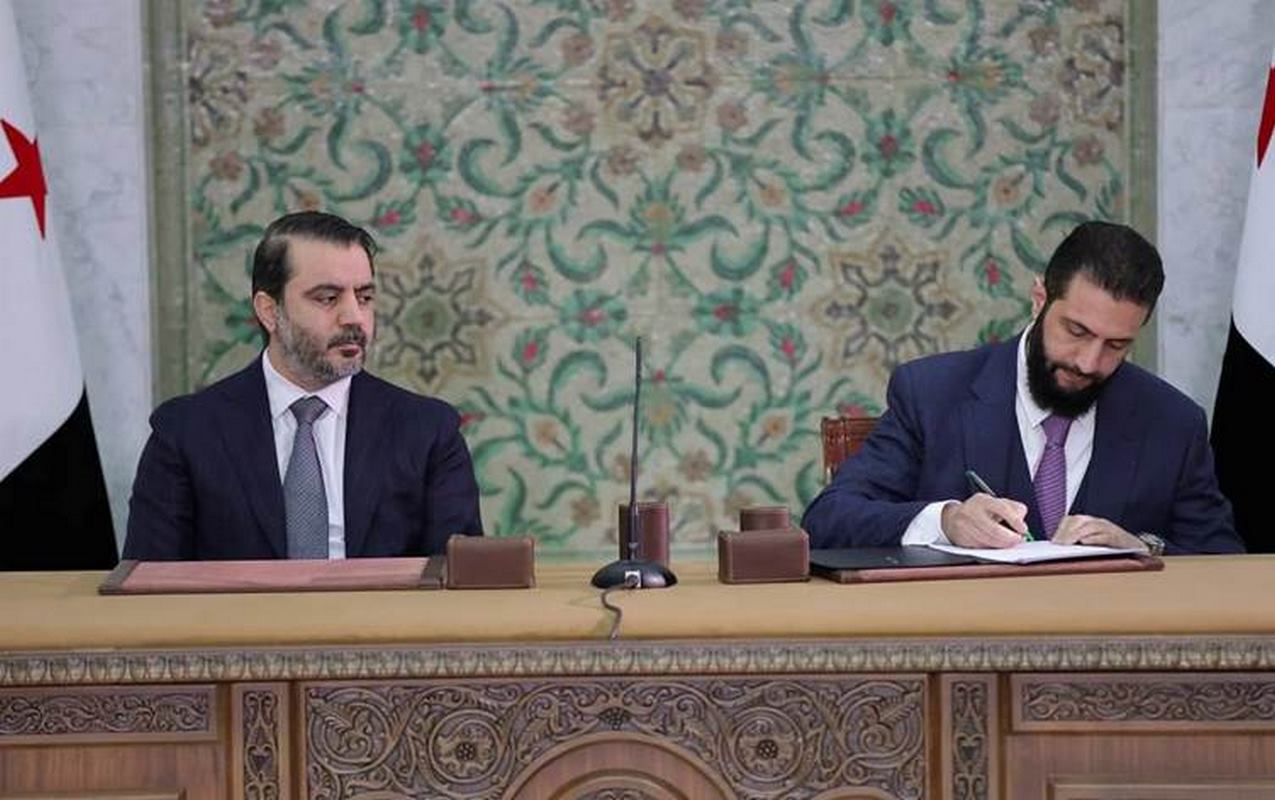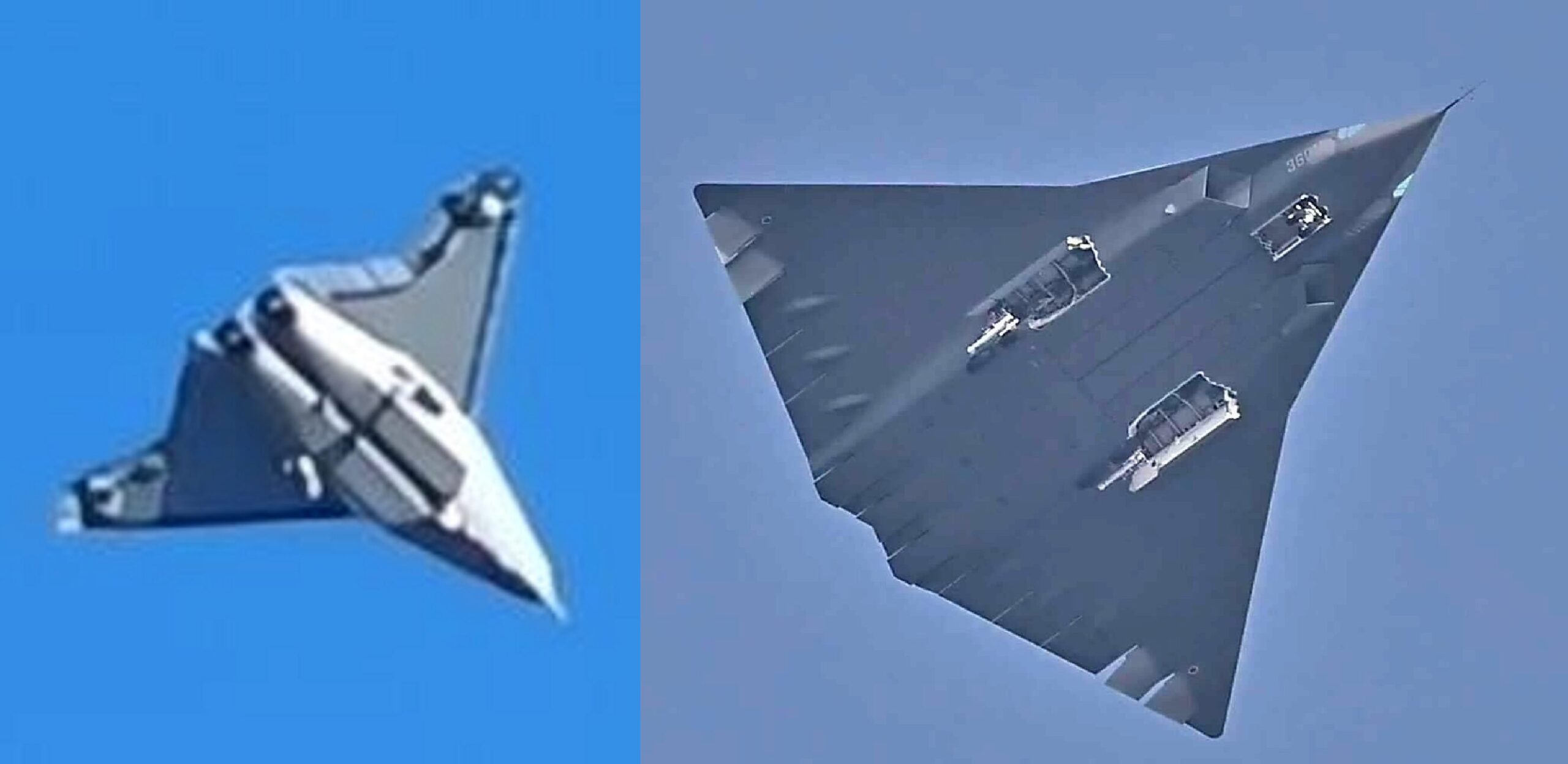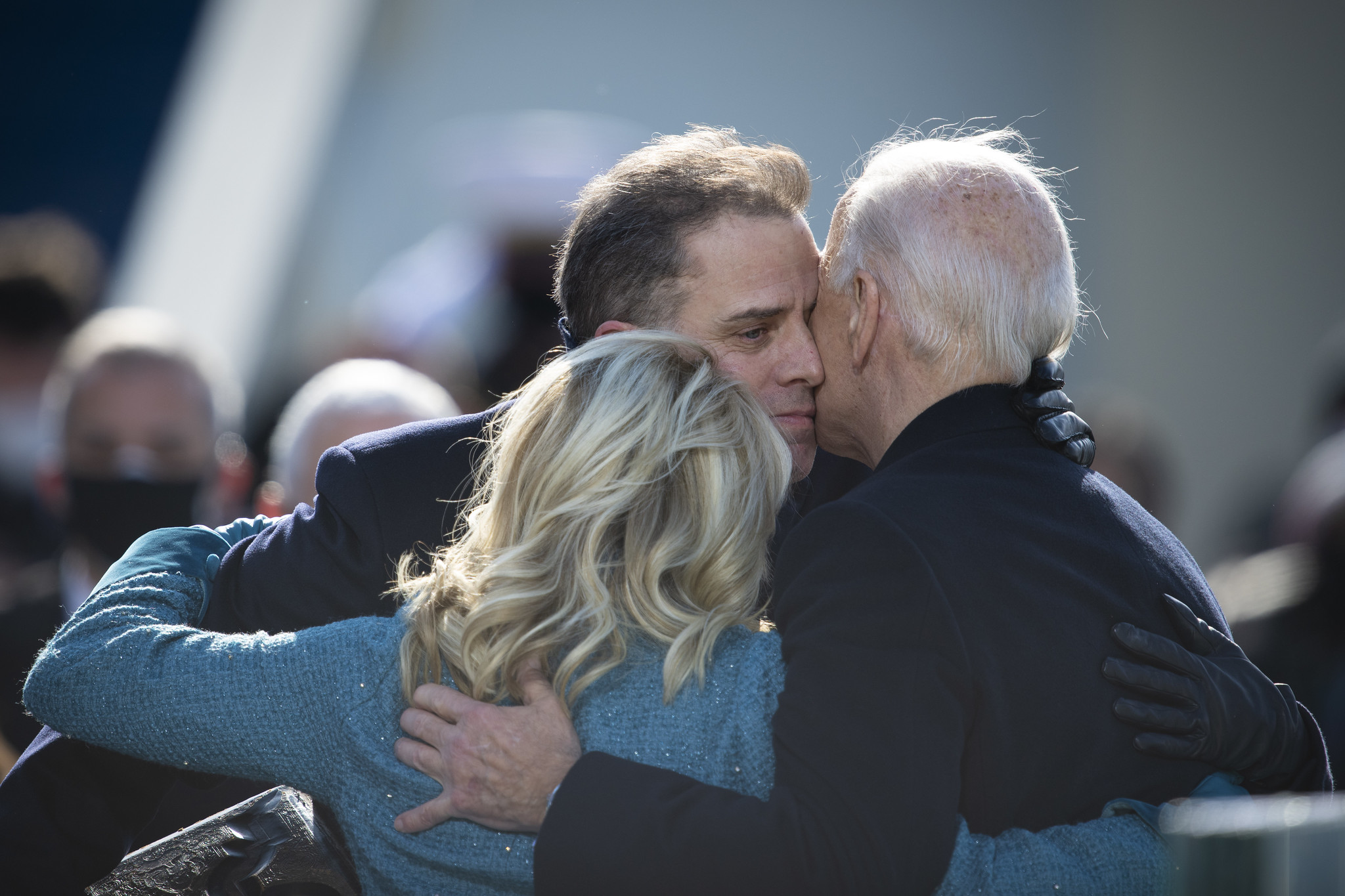Washington, July 2009. PICTURED: American Uighurs rally outside the White House in an anti-China protest following the Urumqi riots of 2009. Photo credit Malcom Brown. CC. 2.0.
Xinjiang, China. November 25th, 2019. Top secret documents detailing the horrifying extent of the “vocational training centers” in China’s westernmost province of Xinjiang have somehow escaped the desk drawers of Chinese officials and made it into the hands of the International Consortium of Investigative Journalists.
The documents were supposedly verified as legitimate by comparing signatures, cross-checking contents and consulting various sources and experts, though Liu Xiaoming, China’s ambassador to the UK, dismissed the papers and their contents as “complete fabrication”.
What they contain is a painting of an Orwellian nightmare of the highest degree in which China is playing big brother. Referencing watch towers, double-locked doors, and constant video surveillance “to prevent escapes,” vocational training centers seem to be confirmed as the detention centers the international community has suspected them of being for years.
But since everything is bigger in China, the camps are also described as employing an elaborate scoring system that grades detainees on their ability to speak Mandarin, recite ideological tenets of Chinese society and philosophy, and on how well they follow rules on everything, even including bathing and using the toilet.
PICTURED: A group of Uighurs take a break from traveling across the vastness. Photo credit Richard Weil. CC. 2.0.
A Uighur “Final Solution”
The capital of the Xinjiang province, Kashgar, is a veritable melting pot of tens of different ethnic populations. Centered on one of the major arteries of the famous Silk Road, Kashgar regularly looks more like a Middle-Eastern city than an East-Asian one.
In 2014 Chinese President Xi Jinping launched the “People’s War on Terror” in an effort to curb unrest in western Xinjiang province, home to a muslim minority people called the Uighurs, but also many other ethnic groups from neighboring Central Asian countries like Kyrgyzstan and Tajikistan.
According to Al-Jazeera, over 1 million people have been detained within these camps since they first began their alleged ethnic cleansing.
Reminiscent of Barack Obama’s secret kill-list or the FBI’s no fly list, extreme digital surveillance has been utilized to target members of Uighur society for detention who demonstrate unsavory behavior.
Built by a state-owned military provisioner, the Integrated Joint Operations Platform, or IJOP, flags people for suspicious behavior such as fleeing the country or using mobile apps that cannot be monitored by the government.
Once targeted the citizen would be scooped up and funneled, depending on the severity of the behavior for which they were flagged, into various levels of the detention system. The documents show how detainees are subject to a curriculum of forced indoctrination that starts with ideological education, meant to scrub away their Uighur-ness and make them good confucians.
PICTURED: Nuremberg Trials. Defendants in their dock, circa 1945-1946.
(in front row, from left to right): Hermann Göring, Rudolf Heß, Joachim von Ribbentrop, Wilhelm Keitel
(in second row, from left to right): Karl Dönitz, Erich Raeder, Baldur von Schirach (unconfirmed), Fritz Sauckel.
International gavel
The new documents on China’s Uighur cleansing detail violations of almost every article in the United Nations Universal Declaration On Human Rights, and the Human Rights Council Resolution on the protection of ethnic, religious, and linguistic minorities.
China currently has a seat at the Human Rights Council, and enjoyed one during the renewal of the minority protection resolution in 2007, and again when it was reinforced in 2012.
We see time and time again though that nations astraying from these international treaties of high-minded and universal nature can only be reached by the long arm of the law when the nation thus astray is weak – either militarily or economically.
In the section of the UN website marked International Human Rights Law, we see the limitations of what international bodies can do to enforce their commendable high-minded idealism.
“Through ratification of international human rights treaties, Governments undertake to put into place domestic measures and legislation compatible with their treaty obligations and duties”.
“The domestic legal system, therefore, provides the principal legal protection of human rights guaranteed under international law. Where domestic legal proceedings fail to address human rights abuses, mechanisms and procedures for individual and group complaints are available at the regional and international levels to help ensure that international human rights standards are indeed respected, implemented, and enforced at the local level”.
Obviously the days of the Nuremberg Trials are gone – neither President Xi Jinping, or Xinjiang’s new provincial secretary Chen Quanguo, the hardline bureaucrat who once oversaw Tibet, are likely to be hanged over the Uighur “Final Solution”.
A visit to the International Criminal Court’s website gives one an idea of who the international community has the ability to punish – Libya, Sudan, Myanmar, Colombia, Mali. These nations do not possess militaries to forever guarantee their sovereignty, nor are their economies so strong that they need not fear international sanctions or other economic punishment that isolate them from world markets.
China’s government can afford to take some sanctions if it means staying in absolute power, as they’ve shown during the tariff exchanges with the United States. Most countries in the world pull from the well of Chinese trade, so multilateral economic punishment is unlikely to amount to anything.
Furthermore, unlike the UN sending a peacekeeping mission to Sudan or Congo, the Chinese military whose budget is $250 billion – the second highest in the world, will suffer no such incursions.
It seems that for now, the Uighurs – maybe the largest ethnic group in the world without a country of their own, must fend for themselves.
